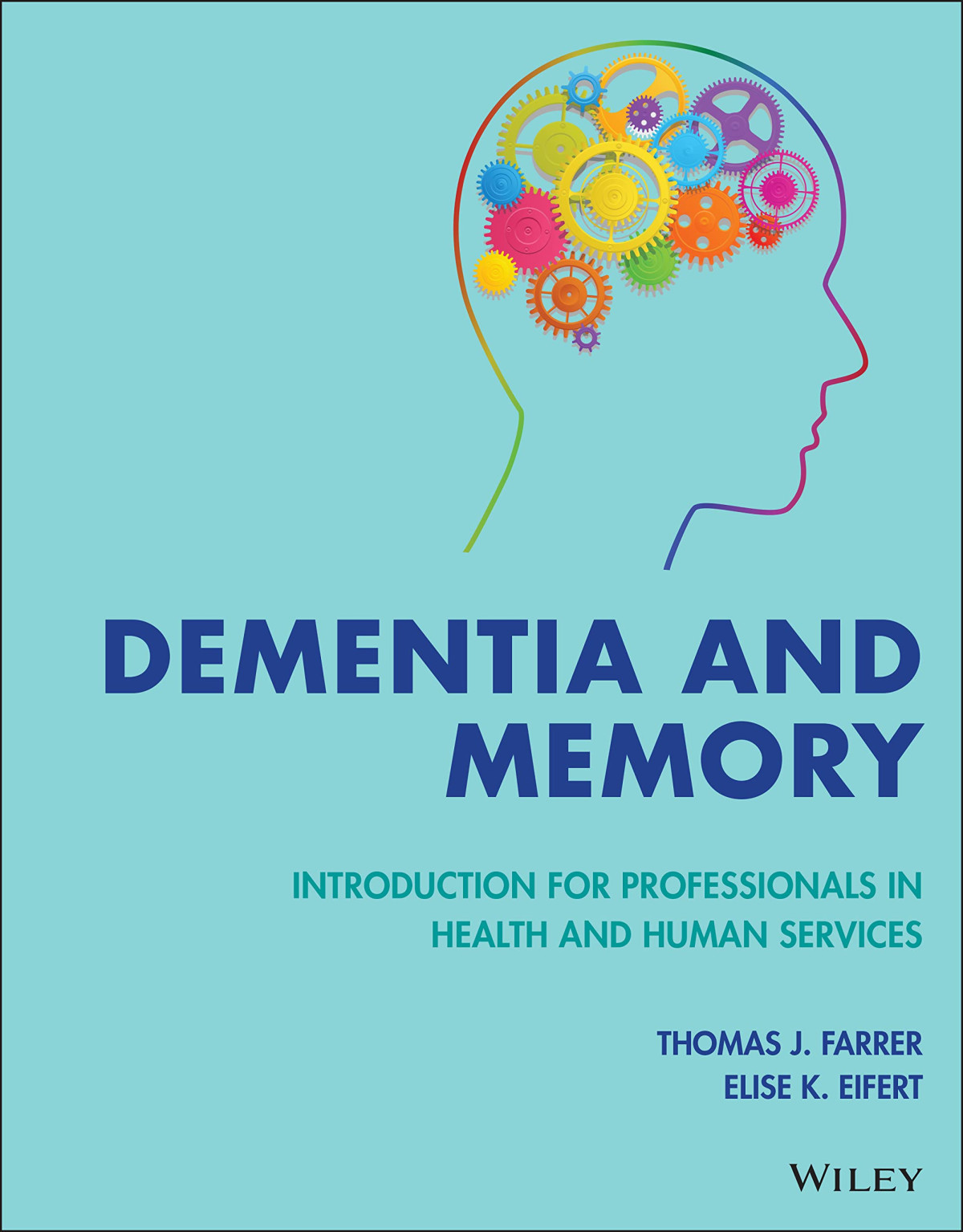

Most ebook files are in PDF format, so you can easily read them using various software such as Foxit Reader or directly on the Google Chrome browser.
Some ebook files are released by publishers in other formats such as .awz, .mobi, .epub, .fb2, etc. You may need to install specific software to read these formats on mobile/PC, such as Calibre.
Please read the tutorial at this link: https://ebookbell.com/faq
We offer FREE conversion to the popular formats you request; however, this may take some time. Therefore, right after payment, please email us, and we will try to provide the service as quickly as possible.
For some exceptional file formats or broken links (if any), please refrain from opening any disputes. Instead, email us first, and we will try to assist within a maximum of 6 hours.
EbookBell Team

0.0
0 reviewsAddresses the psychology and treatment of diseases that affect the memory of an aging population
The aging population is growing, with a significant portion of the population over the age of 65. Epidemiological research suggests that rates of age-related conditions like Alzheimer’s disease will increase. Older individuals and their families face a host of problems related to the diagnosis, treatment, and psychological management of these conditions. There is a growing demand for healthcare personnel and professionals in the human and social services who have the knowledge and skills to meet the needs of this special population. Dementia and Memory: Introduction for Professionals in Health and Human Services aims to provide an introduction to dementia and memory disorders for professionals in public health, nursing, social work, gerontology, psychology, and beyond.
This book offers a scientifically rigorous approach with an approachable writing style, making it an ideal resource for all helping professions. All chapters take a multi-disciplinary approach to instruction, and all diseases are presented with applicable historical background. For each condition covered, from Alzheimer’s and Parkinson’s to depression and frailty, you’ll find a description of the condition, epidemiological data, pathophysiology, diagnostic criteria, clinical presentation, treatment strategies, and a case vignette. You’ll also learn about older adults’ daily needs, behavioral interventions, caregiver stress, and more.
Anyone who works with older adults in community, clinical, or research settings will benefit from this in-depth information on conditions of aging and dementia.